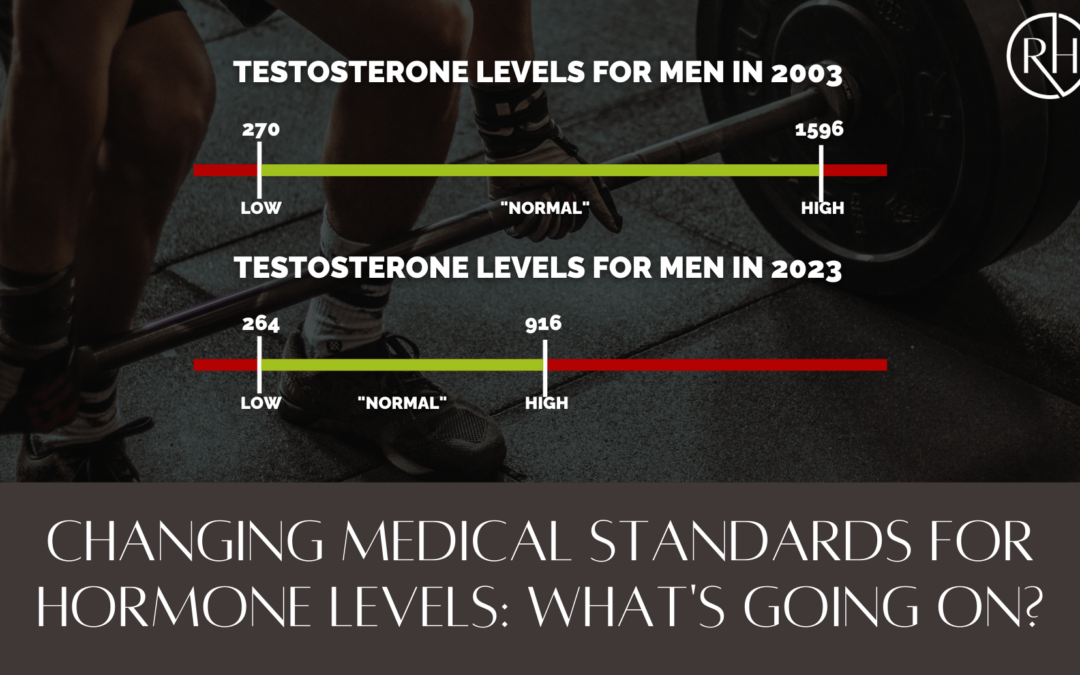We often rely on our doctors to guide us in the quest for good health. We trust them to provide comprehensive insights into our well-being and help us achieve optimal health. However, the trend in modern healthcare is not to prioritize optimal health and peak performance and vitality; instead, it addresses and treats only the most serious health problems.
This is hardly surprising. There simply aren’t enough doctors to give everyone that kind of attention. More to the point, many people do not prioritize their health, and there is not much point in doctors offering detailed guidance when many patients won’t even bother to observe the most basic health guidelines.
The result is that healthcare professionals have become used to settling for the status quo, satisfied if their patients merely fall within the “normal” range, even for patients who are looking for more. Unfortunately, this means that doctors often fail to share the whole picture with their patients regarding their health and overlook a critical aspect of health—hormonal balance.
The Hidden Epidemic
One of the most overlooked areas in healthcare today is hormonal health.
Hormones are the body’s chemical messengers, intricately regulating essential bodily functions: growth, metabolism, energy levels, sleep, mood, sexual drive, etc. Hormone function plays a pivotal role in our overall well-being. However, despite their undeniable importance, many doctors miss the mark when addressing hormonal imbalances. Too often, doctors only address extreme hormonal issues. If a hormonal problem falls outside these extremes, a doctor will regard hormonal levels as “normal” even if suboptimal function is adversely affecting health.
The Normalcy Fallacy
Optimal health is not just being “not sick.” Optimal health means feeling good, having the energy to carry out the activities you want to pursue, being mentally sharp, and having a robust immune system. If you’re struggling with your health goals or simply not feeling your best, it’s time to question the status quo. Don’t accept “normal” when it’s clear that something may be amiss.
Alarmingly, the medical community often defines “normal” hormone levels within extraordinarily broad ranges. For example, the standard range for testosterone levels is 300 to 1,000 ng/dL (nanograms per deciliter) for men and 15 to 70 ng/dL for women. For men, that range means that two men can be put in the same “normal” category when one has over three times the level of testosterone as the other. For women, the difference is a factor of four. This wide variation allows doctors to label patients as “normal” even when they may be experiencing symptoms of hormonal deficiency, such as fatigue, mood swings, or a diminished sexual drive.
But the problems with the “normal” range do not end there. Not too many years ago, normal testosterone levels were very different than they are today. It is a fact that testosterone levels in men have been steadily declining for over two decades. Studies have shown that in the 1970s, the average testosterone level for men was about 625 ng/DL. In 1990, that level was 580 ng/dL. In the early 2000s, it was down to 534 ng/dL; in the mid-2010s, it was 420 ng/dL. What is happening?
In other words, the medical profession has simply been defining down what is “normal” based solely on what they are finding in testosterone measurements. But they aren’t sounding the alarm on the fact that what they consider “normal” now was abnormal just a short time ago.
Don’t Be Normal. Be Exceptional.
Many potential explanations exist for the severe decline in men’s testosterone levels. Several contributing factors likely include more sedentary lifestyles, increased obesity levels in the population, the proliferation of artificial food additives and preservatives, unhealthy diets, hormone-disruptive chemicals in the air and water, and chemical agents in all the products we use. In the end, though, while finding out the cause of the problem is important, it can’t help you to feel better now. What can help is to address your hormonal imbalance or deficiency.
At REVV Health, we know that people are not as healthy as they should be, but we also know that altering your diet and upping your exercise regime is often insufficient to restore you to optimum health. That’s because the problem is not diet or exercise; it is that your hormone system is not functioning correctly.
It is surprising, even to us at REVV, how often many of the problems – from insomnia to depression to impaired memory function – that the clients we work with are experiencing are the result of hormonal imbalances or deficiencies. These can affect mental and critical physical states, including weight, fertility, and even the ability to carry a baby to term. We are constantly gratified to discover the positive difference our products make in someone’s life when their hormonal levels are optimized.
To learn more about REVV Health and how our program of modifying your lifestyle and adding necessary compounds to your diet can help you live at your peak, contact REVV Health today.


